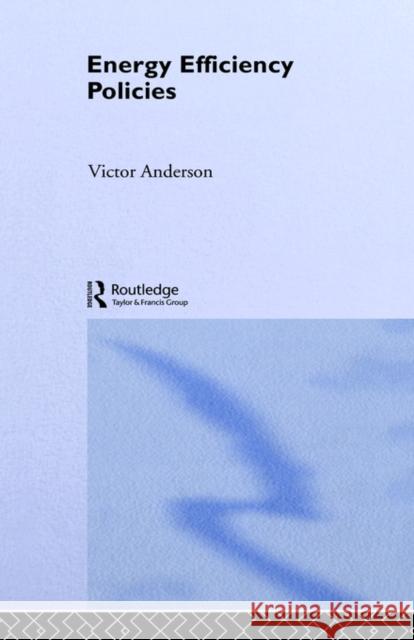Energy Efficiency Policies » książka
Energy Efficiency Policies
ISBN-13: 9780415086974 / Angielski / Miękka / 1993 / 112 str.
Energy Efficiency Policies
ISBN-13: 9780415086974 / Angielski / Miękka / 1993 / 112 str.
(netto: 209,00 VAT: 5%)
Najniższa cena z 30 dni: 196,40
ok. 16-18 dni roboczych.
Darmowa dostawa!
It is generally assumed, in economics and politics, that the atmosphere is free. However, the greenhouse effect and global warming have shown this to be a false assumption and the need for active policies to promote preservation of this finite resource are becoming ever more urgent. In Energy Efficient Policies, Victor Anderson argues for alternative policies to promote energy efficiency in response to the changing composition of the atmosphere and global warming. As the industralized West consumes half the world's energy, despite accounting for only one-sixth of the global population, the study focuses on energy policies in the OECD. The argument centres on the need to end the greenhouse effect by making the transition from a carbon economy to one based on renewable resources. This in turn raises the case for the introduction of the controversial progressive carbon tax. However, energy efficient policies, may at least in the short term, be expensive to implement. The author illustrates some of these economic difficulties by use of case-studies, including the government's attempt to promote energy efficiency in the UK.











